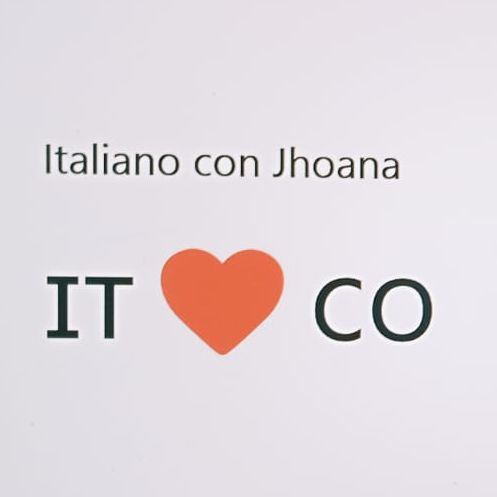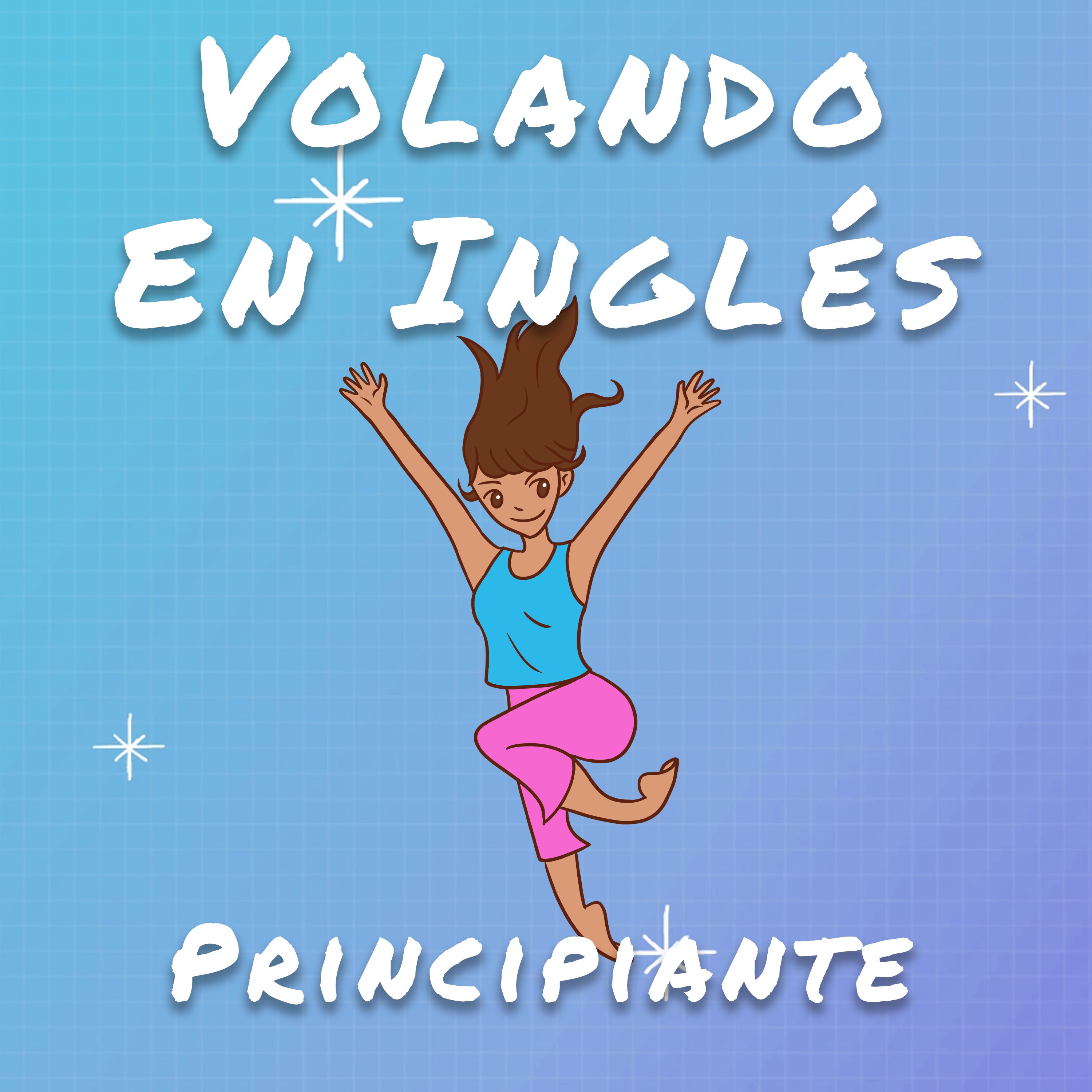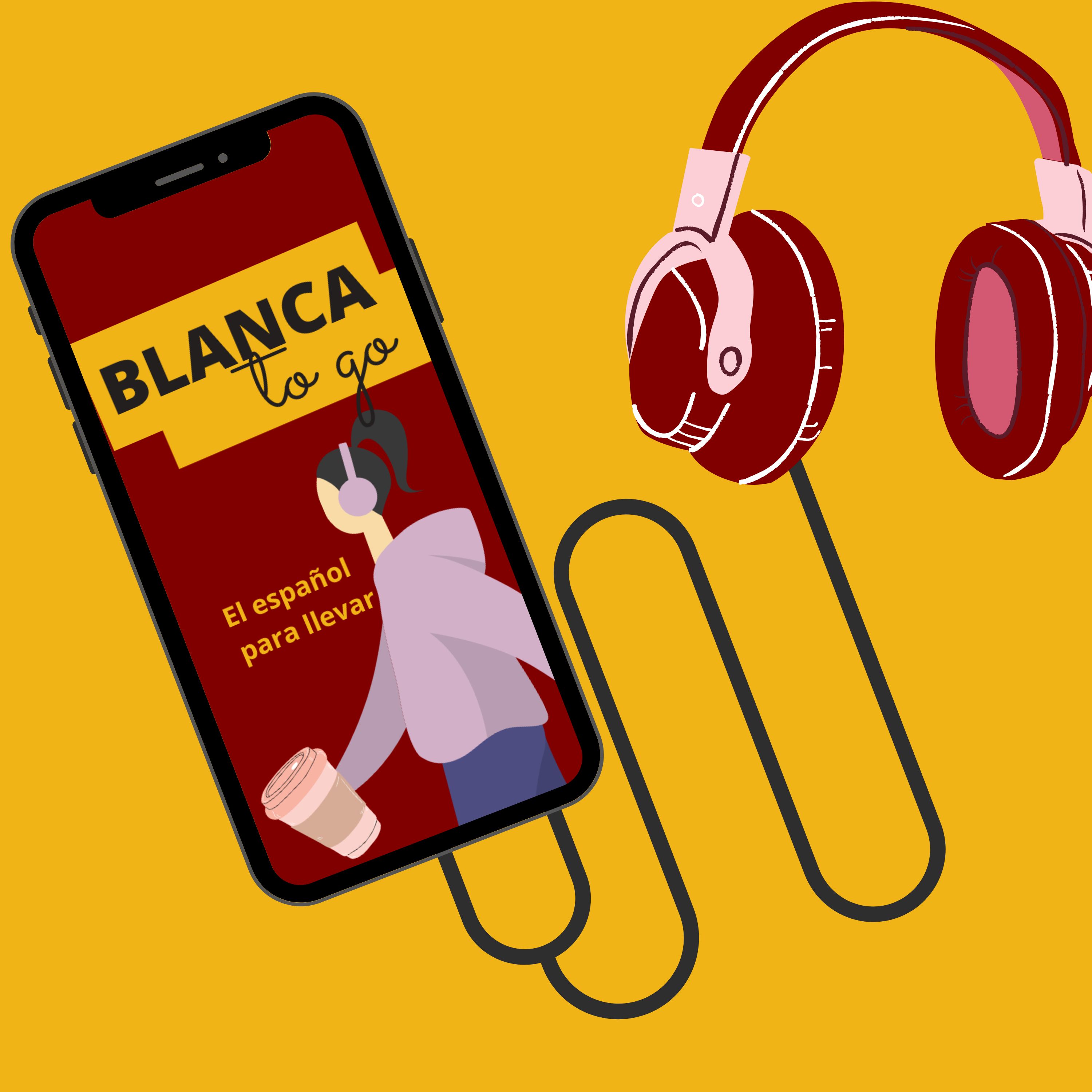Search from various Engels teachers...

Top Ten English Words with French Origins
Omschrijving
In this podcast, we talk about the following ten words:
Souvenir: Derived from the French word "souvenir," meaning "to remember," this word entered English in the late 18th century. It refers to an object or memento that serves as a reminder of a person, place, or event.
Rendezvous: Originating from the French phrase "rendez-vous," which means "meeting" or "appointment," this word entered English in the 16th century.
Cuisine: Borrowed directly from French, "cuisine" refers to a style or method of cooking, often associated with a particular culture or region. It encompasses the preparation and presentation of food.
Fiancé/Fiancée: These terms come from the French words "fiancé" (masculine) and "fiancée" (feminine), both meaning "engaged." They are used to describe a person who is engaged to be married.
Déjà vu: This widely recognized phrase comes from French, where it literally means "already seen." It refers to the feeling or sensation that one has experienced the present situation before, even though it is new.
Encore: Borrowed from French, "encore" means "again" or "once more." It is often used in the context of a performance to request an additional or repeated act from the performer.
Lingerie: Derived from the French word "lingerie," this term refers to women's underwear and intimate apparel. It encompasses a range of garments, including bras, panties, nightgowns, and robes.
Décor: Also borrowed from French, "décor" denotes the overall style, arrangement, and aesthetics of a space or setting. It refers to the decorative elements used to enhance the ambiance or atmosphere.
Croissant: This word, of French origin, describes a flaky and crescent-shaped pastry. It has become popular worldwide and is often enjoyed as a breakfast or snack item.
Ballet: Originating from French, "ballet" refers to a highly expressive and intricate form of dance. It combines precise movements, graceful gestures, and storytelling to create a visual spectacle.
Podcast Kanaal
English on the Road
Auteur
Alle afleveringen

🥳 Let's learn Common Verbs in Thai 🥳

Affittare un ombrellone al mare

Ricominciare lontano da casa

Tip 17 – Act out the Same Sentence with Different Expressions.

“I’ve Had It!” Aprende a argumentar | Volando en Inglés Principiantes Ep. 001

Tankar På Svenska : Om att emigrera

42 – tipos de viajeros

Favorite Apps & Software Programs | Real English Conversations Podcast
Populaire afleveringen

Learn Thai with Pailin
🥳 Let's learn Common Verbs in Thai 🥳

Italiano Chiaro
Affittare un ombrellone al mare

Vivendo tra due lingue
Ricominciare lontano da casa

💃🏻111 Tips for Learning a Language
Tip 17 – Act out the Same Sentence with Different Expressions.

Volando En Inglés | Principiante
“I’ve Had It!” Aprende a argumentar | Volando en Inglés Principiantes Ep. 001

Tankar på svenska
Tankar På Svenska : Om att emigrera

Blanca to go
42 – tipos de viajeros

Real English Conversations Podcast
Favorite Apps & Software Programs | Real English Conversations Podcast